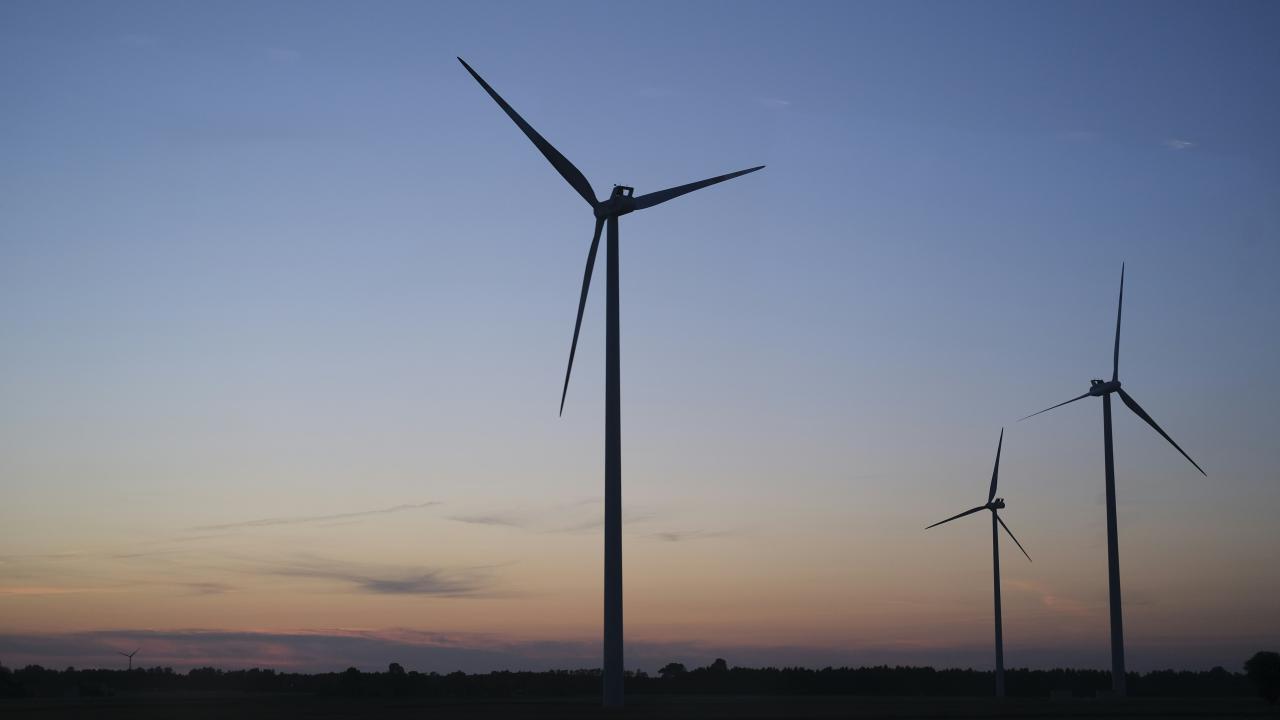Regions seek energy payback

THE message is clear: if our country is to reach net zero by 2050, regional communities must be fully informed and share in the benefits of renewable energy.
The Regional Australia Institute’s report released this week, Towards Net Zero: Empowering Regional Communities, recommended that governments ensure renewable energy proponents deliver social dividends to rural communities.
Beyond the social dividend, a fair deal must also be reached between proponents and farmers so that economic benefits of ultimately, cheaper power prices are not confined to urban areas.
If these projects do not deliver substantial economic outcomes for the long-term benefit of regional and rural Australia, local farm businesses and communities will suffer.
The legacy left behind will include extensive transmission lines and towers, massive wind turbine installations, and large solar farms—all of which have environmental, visual, and economic impacts while covering prime agricultural land. In the short term, we risk ignoring the rights of farmers.
It is essential to ensure fair and respectful development on farmland to protect our livelihoods and the nation’s food security.
In this context during the election, the state Liberal Government committed to updating the charter for working on private farmland to meet the needs and expectations of farmers.
This update was intended to be comprehensive, including TasFarmers’ Farm Access Code of Conduct, but ostensibly missing from the first 100- day plan.
The changes were designed to cover activities such as inspections, meter readings, and projects on farm properties, such as irrigation, as well as the conduct of mining operations.
It was gratifying when TasFarmers announced in May of this year that TasNetworks, one of the state’s major Government Business Enterprises had signed on to the Code of Conduct.
In a public statement, TasNetworks acknowledged the need for positive community engagement and environmental outcomes.
The adoption of the code was a national milestone and a significant win for all producers in managing risk on their properties.
Disappointingly, however, the state’s other GBEs have remained silent or, behind closed doors, pushed back on supporting our code.
They have had the opportunity to address many of the short-term issues but have instead, missed the chance to adopt this positive framework and support a more sustainable approach.
It’s for these reasons that we also believe GBE reform is crucial to ensure that state owned companies act in the best interests of all residents across the state.
To move forward effectively, it is crucial that all stakeholders, including the state’s GBEs, recognise the importance of engaging with farmers and supporting regional communities.
By embracing the principles of the Code of Conduct and committing to fair and transparent practices, we can ensure that the benefits of renewable energy, water schemes and other infrastructure projects are equitably shared and that the integrity of our agricultural land and local economies is preserved.
Only through collaborative effort and genuine respect for regional interests can we achieve our net zero goals while safeguarding the future of our farming communities and their invaluable contribution to the nation’s food security.

Add new comment